
Zucchini Companion Plants for the Vegetable Garden in 2021 Companion planting zucchini, Garden
The benefits of companion planting for zucchini include: Improved pollination and yield Natural pest control Soil improvement and nutrient uptake Reduced weed growth Ecologically balanced environment Companion planting with zucchini can help improve the health and productivity of your garden.

Zucchini companion plants the best plants to grow with them Homes & Gardens Companion
1. Blue Hubbard Squash Sometimes, in order to protect your most important plants, you have to use others as a sacrifice. While zucchini is one of the favorites of squash bugs ( Anasa tristis ), these pests also adore 'Blue Hubbard' squash.
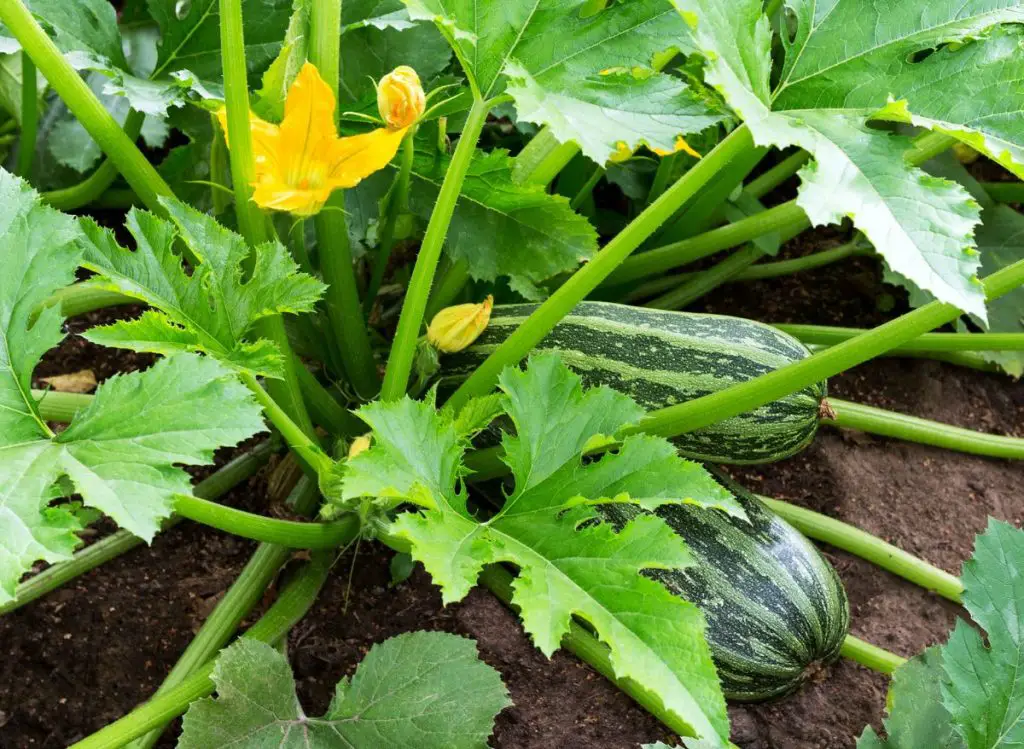
13 Effective Zucchini Companion Plants To Try Now! Plants Heaven
The best companion plants for zucchini include other squash, corn, lettuce, melon, peas, radish, marigolds, and sunflowers. These plants each have specific benefits, including adding nutrients to the soil, decreasing pest insects, attracting pollinators, or providing groundcover to keep moisture in the soil.
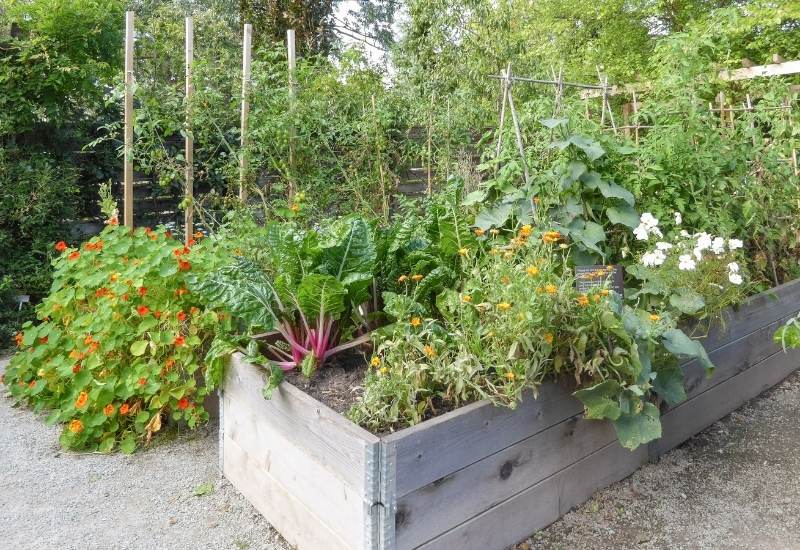
12 Great Companions For Zucchini & Summer Squash And 3 To Avoid
10 Zucchini Companion Plants (& 2 Plants To Never Grow With Zucchini) By: Lindsay Sheehan March 24, 2021 Zucchini ( Cucurbita pepo var. cylindrica) is a popular mainstay in the home garden. And it's no wonder why - sow only one or two plants and you shall receive copious amounts of green, elongated fruit.
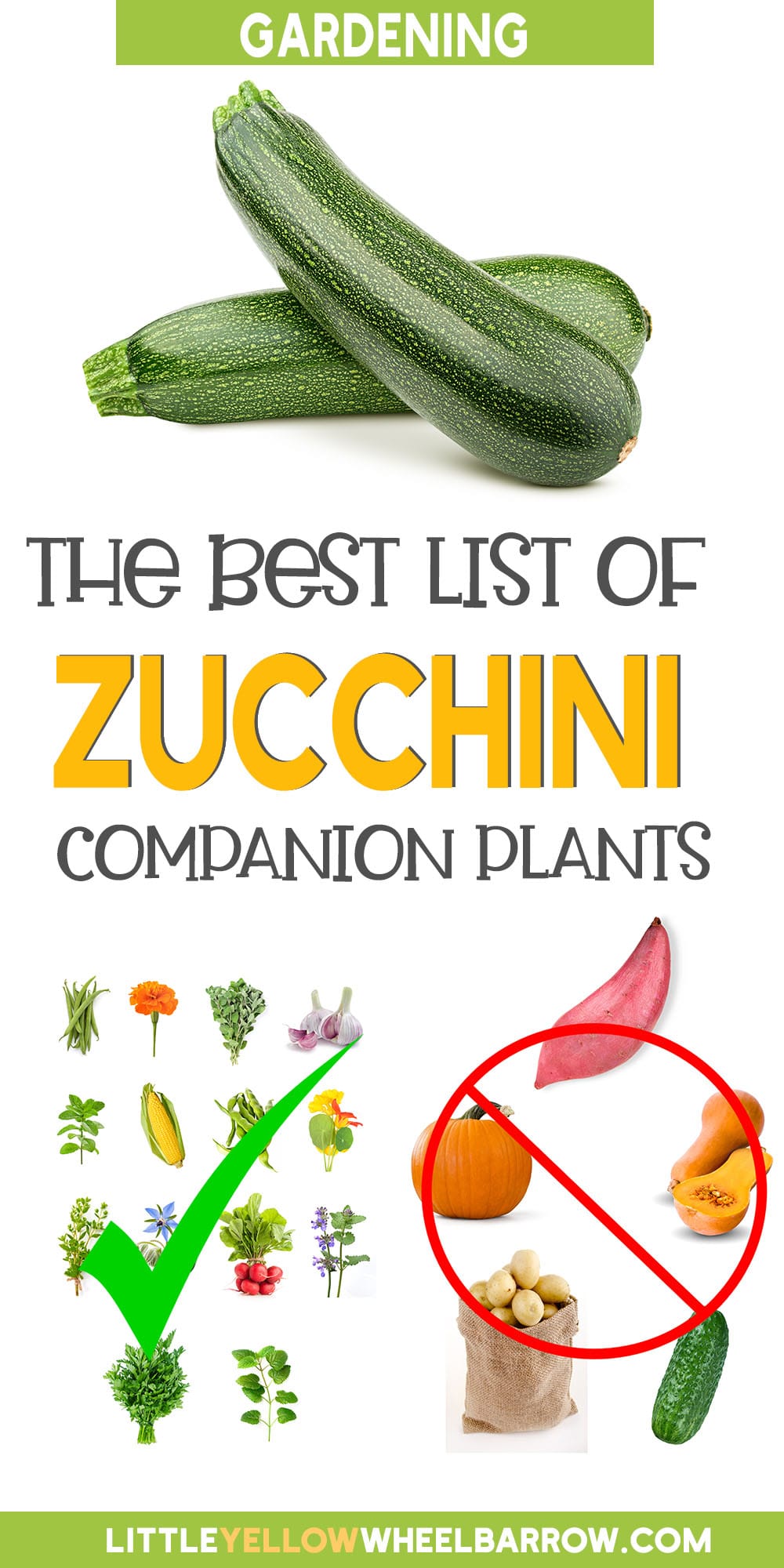
Companion Plants for Zucchini For Better Yields
Gardens Zucchini companion plants - what to grow alongside zucchini for a bumper crop Get your best crop yet by choosing zucchini companion plants that will help your plants grow stronger and healthier (Image credit: Leigh Clapp) By Becky Searle last updated July 20, 2022
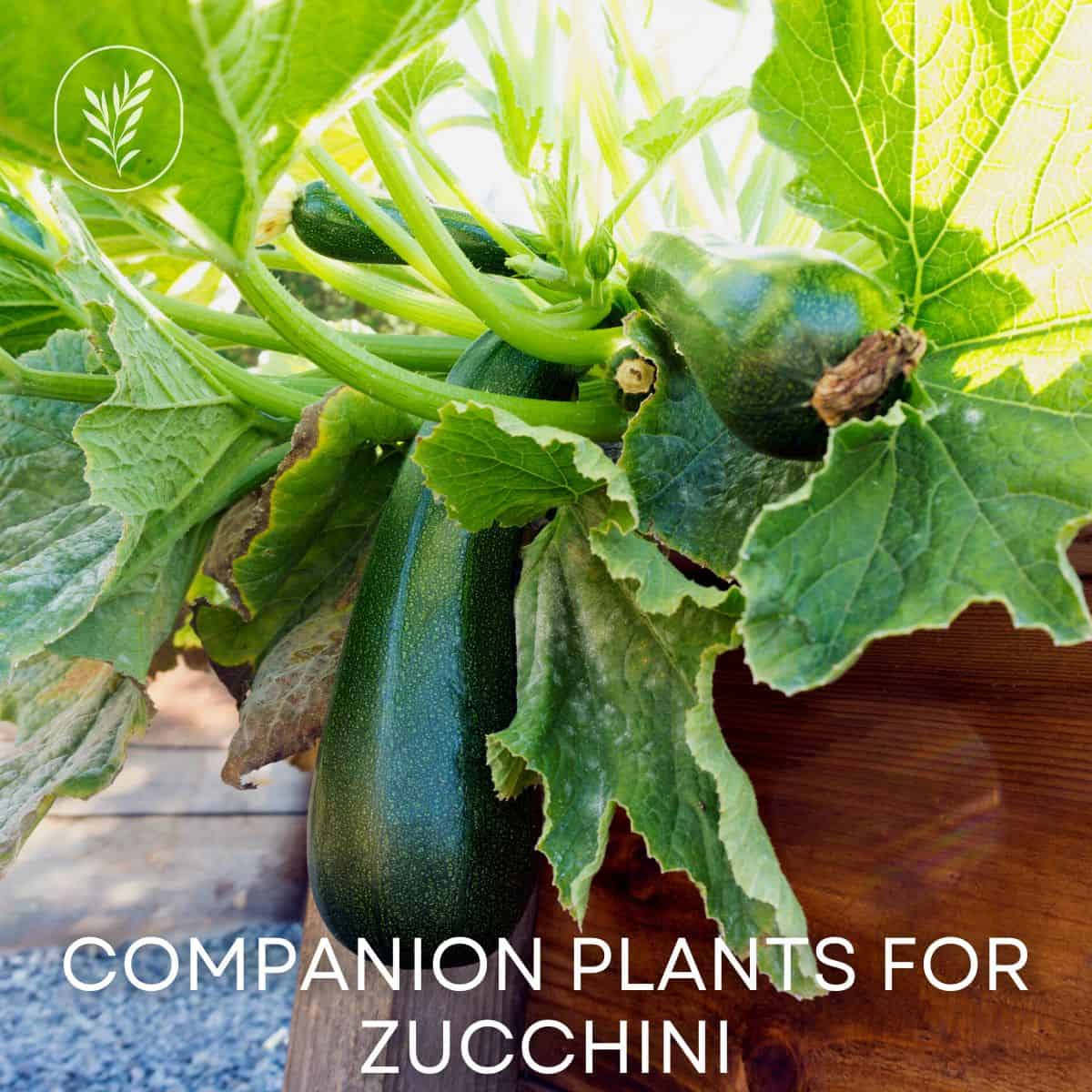
14 companion plants for zucchini 🌱 🥒 A recipe for a thriving garden
Written by MasterClass Last updated: Jun 7, 2021 • 3 min read Zucchini (Cucurbita pepo), or courgettes, are a summer squash plant that produces an abundant crop. Practicing companion planting with your zucchini can keep pests away from your zucchini plants and ensure a healthy harvest.

Growing zucchini this season? Get more out of your garden by growing companion plants for
Beans, corn, and squash are the ultimate companion plants in the gardening world. This top-notch trio is typically planted together in indigenous peoples' gardens and is collectively known as "the three sisters." Legend describes these three plants as "gifts from the gods," noting they should always be planted, eaten, and cherished together.
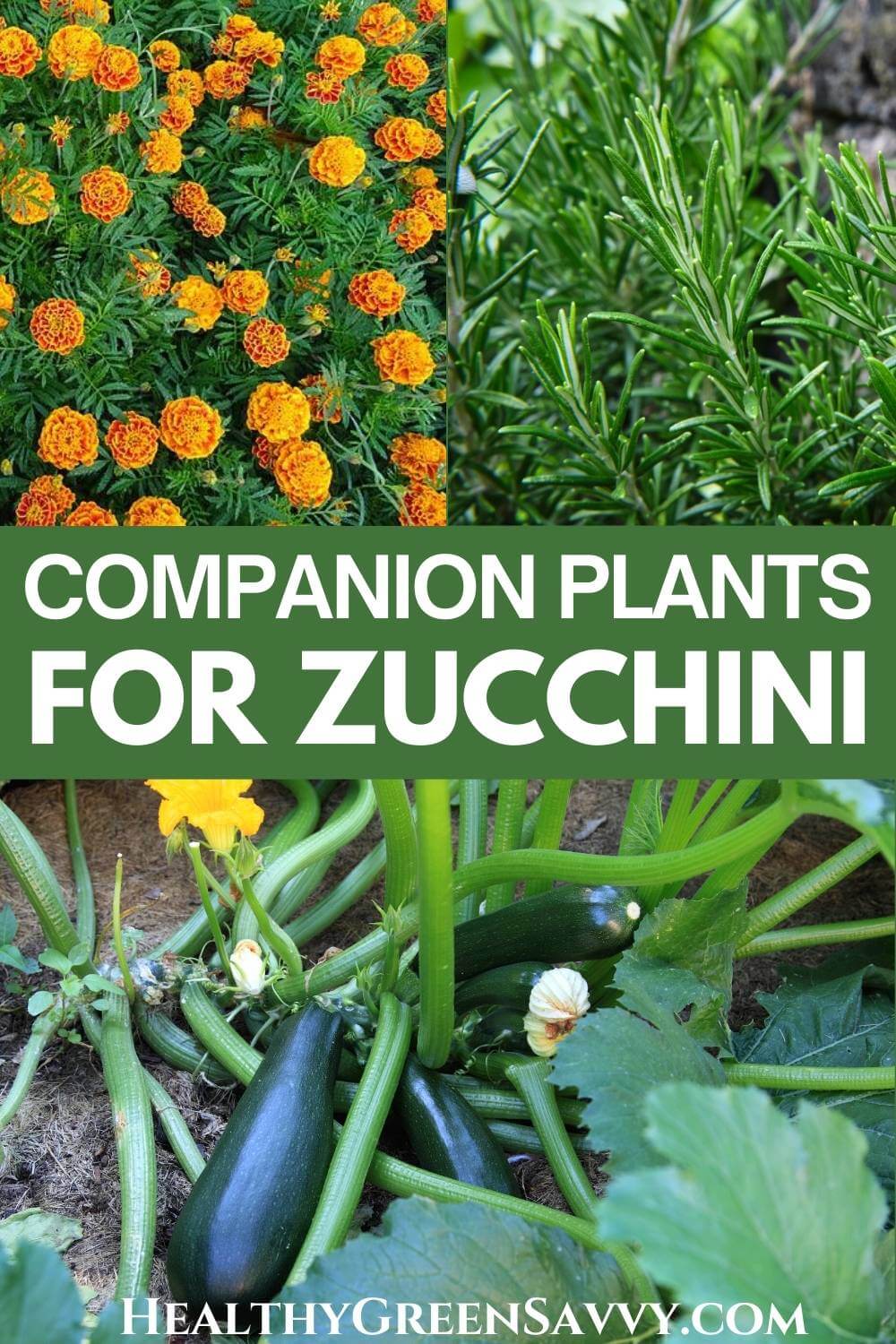
Best Zucchini Companion Plants (Plus 3 to Avoid)
Companion planting is an excellent way to work in more food crops while boosting yields of both zucchini and its companion plants. Like strawberry companion plants and spinach companion plants, zucchini and other summer squash benefit from growing alongside plants that can help protect against pests and disease and boost productivity.
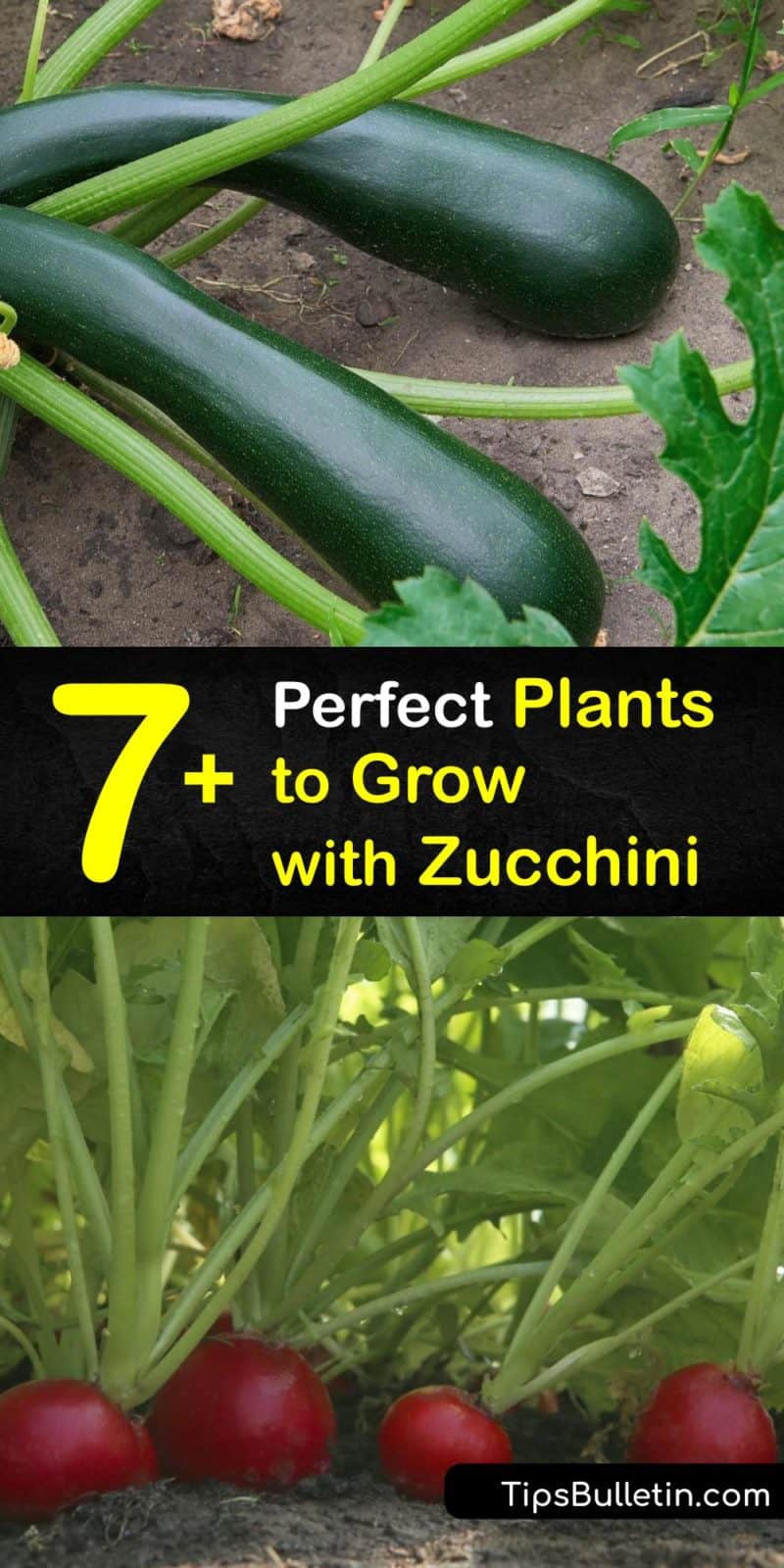
Zucchini Plant Companions Plants that Grow Well with Zucchini
Zucchini Companion Plants: 27 Plants to Grow With Zucchini 2.58M 1.1M 2.8M 902K 85.1K Shop Edible Gardening Companion Planting Grains Harvesting Microgreens Nut Trees Ornamental Gardening Cacti & Succulents Foliage Ground Cover Houseplants Shrubs Trees Vines Soil & Compost Fertilizers Soil Improvement Basics Accessible Gardens Gardening Tips
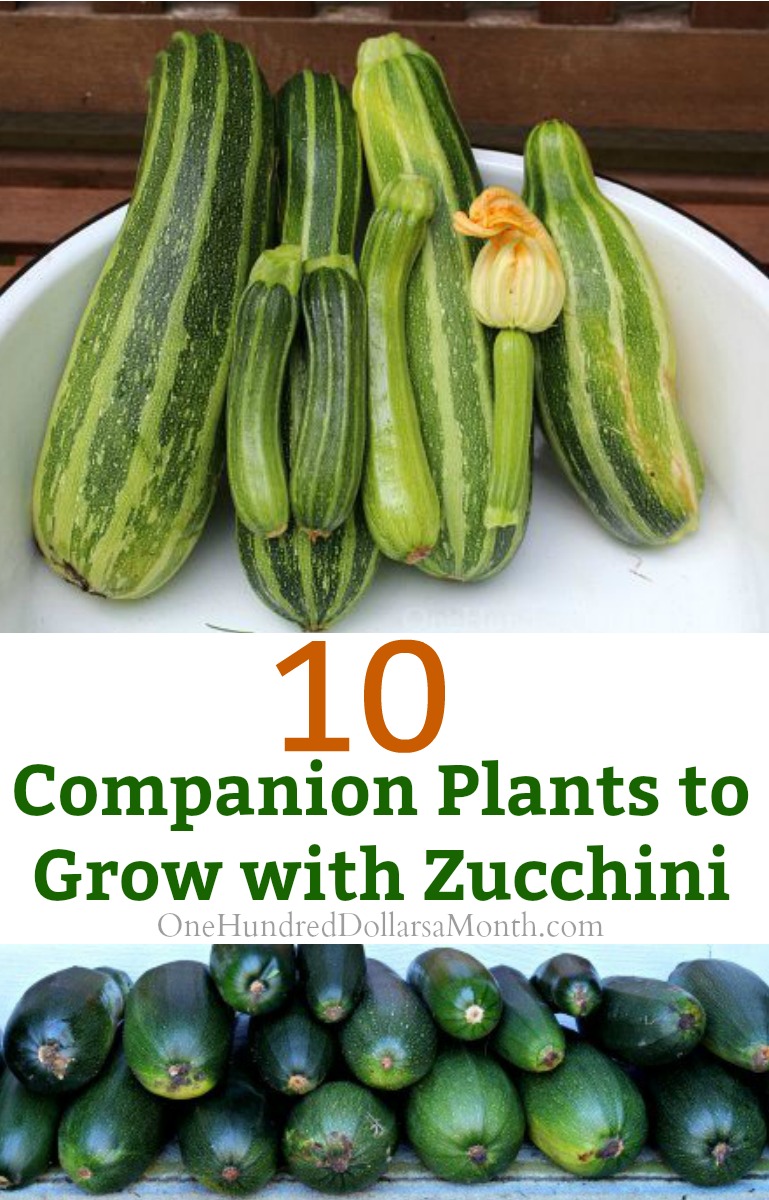
10 Companion Plants to Grow with Zucchini One Hundred Dollars a Month
1. Choose a companion plant or more than one that will complement the zucchini plant's growth habit and needs. Some good choices include: bush beans; corn; cucumbers; marigolds; nasturtiums; summer savory; 2. Plant the companion plant in the same bed as the zucchini plant, or in a nearby bed if space is limited. 3.

Companion Planting 101 Farm Flavor
Companion planting is an organic method of preventing or protecting plants from pests and diseases, attracting the right types of insects for pollination, enhancing nutrient uptake, and increasing crop production simply by growing specific plants near each other.
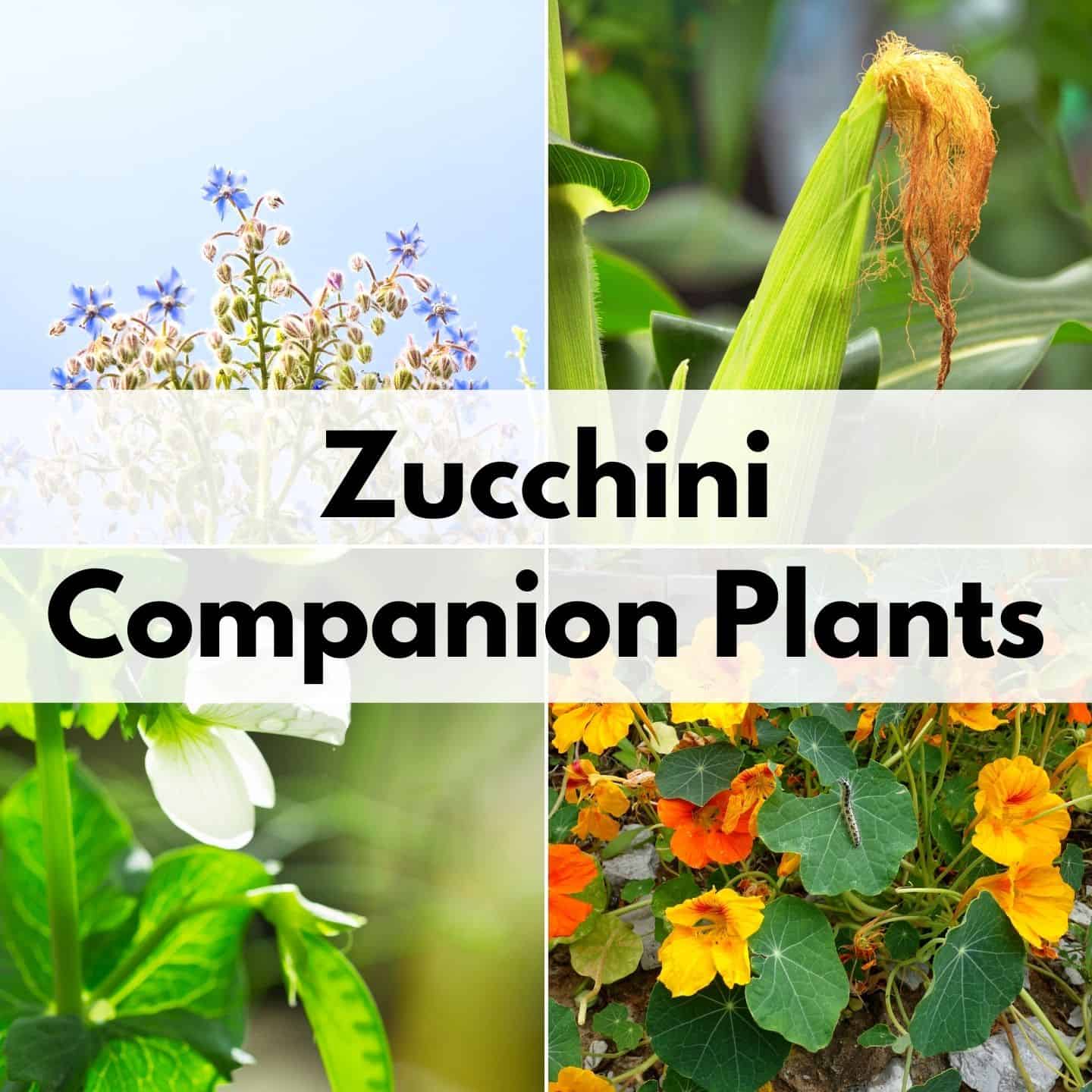
MustKnow Zucchini Companion Plants (and 5 plants to avoid) Together Time Family
Companion planting is best defined as the practice of planting different plant species in close proximity so that they can offer identifiable benefits to one another. Sometimes the benefit is one-sided, with one plant selflessly offering most of the partnership advantages to the other.

Gardening with Red Hill Companion Plants for Summer Squash & Zucchini
Good zucchini companion plants, like other squashes, encourage squash bees. • Lettuce and Spinach - These leafy greens take up little space and nutrients from the soil, so your zucchini crop won't be bothered by having them nearby. In return, the zucchini will offer the greens shade. • Melons - Like squashes, melons attract squash.

11 Best Zucchini Companion Plants to Grow Un Assaggio in 2021 Companion planting zucchini
Companion Planting for Zucchini Zucchini plants will produce loads of fruit if they don't get taken down by common pests and diseases. Try companion planting techniques to boost your zucchini harvest. April 14, 2021 By: Amanda Plante Related To: Outdoor Rooms Plants Planting and Maintenance Squash Vegetables Vegetable Gardening
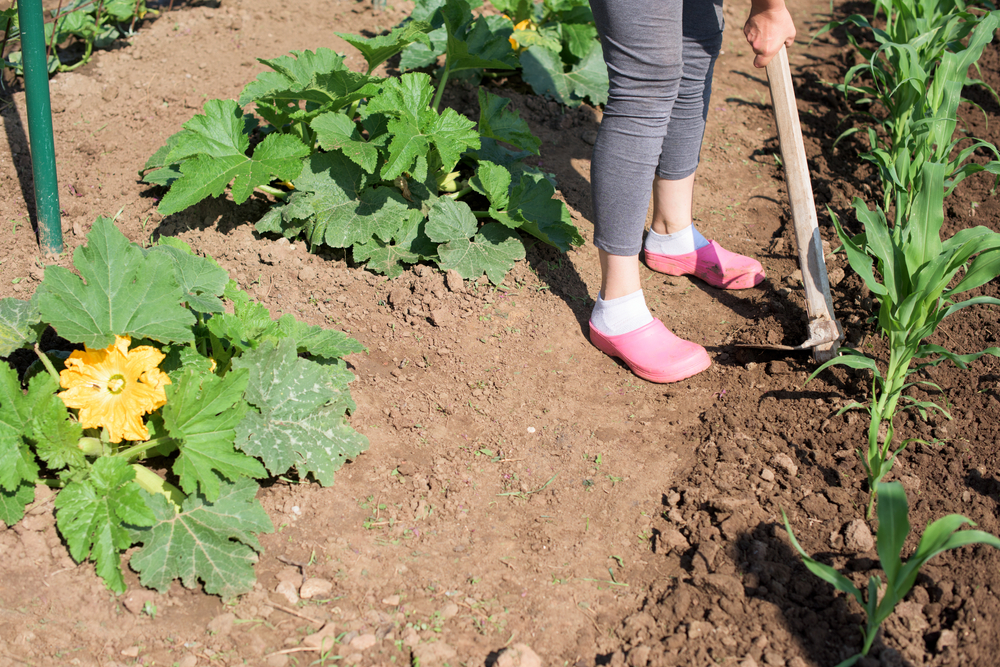
10 Zucchini Companion Plants (& 2 Plants To Never Grow With Zucchini)
Tomatoes and zucchini grow wonderfully together! The trick is to give your tomatoes plenty of space to grow. Some tomato cultivars sprawl 25 feet! Your indeterminate tomatoes require plenty of room. And - we also find that zucchini matures slightly faster than most tomato cultivars. Zucchinis finish in around 50 to 55 days.
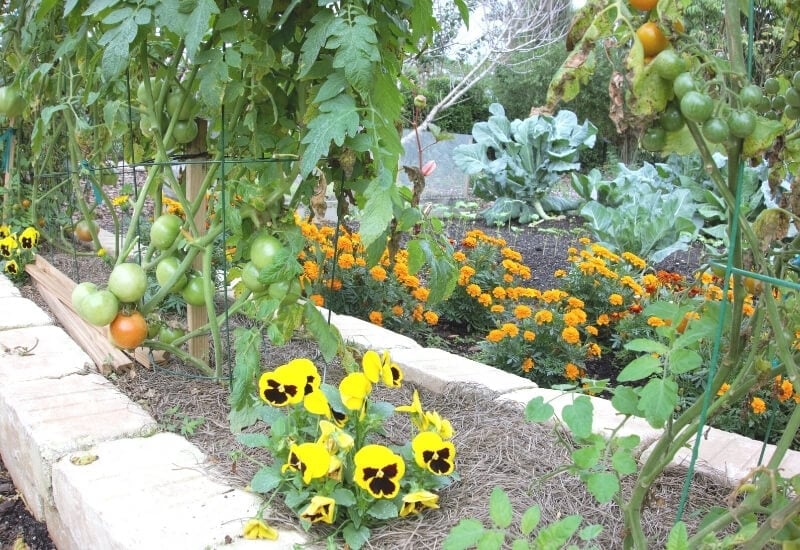
12 Great Companions For Zucchini & Summer Squash And 3 To Avoid
Dill plants help repel squash beetle and flea beetles and are a great companion plant for many crops, including zucchini. Using herbs, including dill as a zucchini companion plant, helps to attract beneficial insects, such as lacewing and hoverflies. Dill is a beautiful addition to gardens because it naturally attracts pollinators like bees.